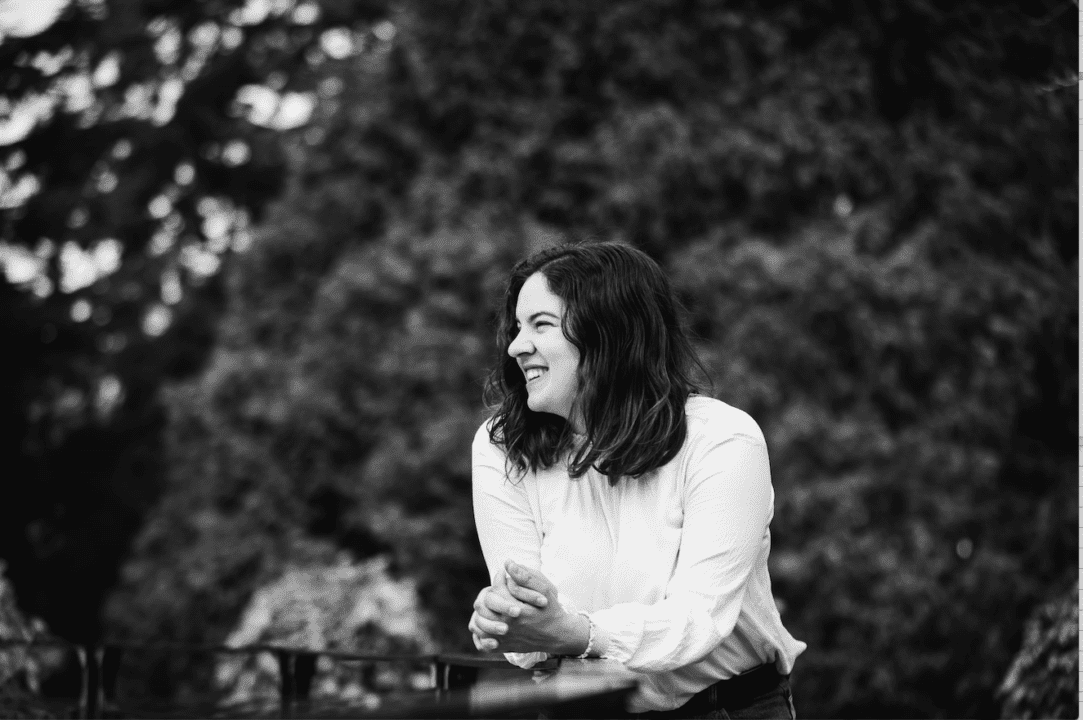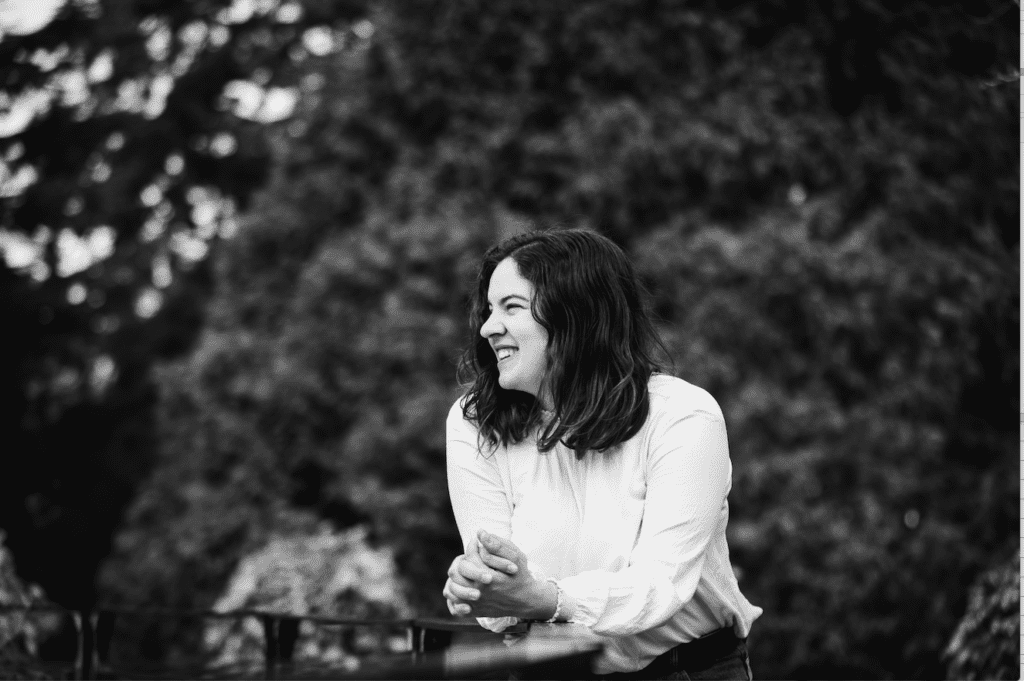Claudia Jardine


Author of Biter, published April 2023, our guest poet for Takahē 106
The best poetry, like yours, shows strong themes, perhaps what could be called obsessions. The way you use ‘double-cab utes in an urban environment’ in pieces with completely different subjects was really neat. Would you be able to talk a bit about these obsessions in your work?
Omg, yes I think obsession is the right word here. Double cab utes! They’re just, so, everywhere! And I keep seeing them with personalised license plates. To the best of my knowledge, there is a ute in my neighbourhood called J0SH and another one called JCK. I do obsess, I do. Not just about cars, although it’s weird to think that when I was a teenager I went to the Rising Voices slam final with a poem about Subarus and the things that the drivers of Subarus used to shout at me as they drove past. Perhaps cars come up because they are something that we have normalised as a society, even though we all know that the stuff that powers them is a finite resource (so we will only be able to use them for so long), more and more cars get made every year, and most car users just will not exercise common sense about the impact fuel emissions have on the environment. Despite all of this really solid science, we’re all like, whatever. I find our collective convenient ignorance on the topic fascinating. And when I find something fascinating, I think about it a lot, and can’t help but let it bump around with the other things my brain is processing. Hence, connections are made, images collide, poetry happens.
What were the first poetry books that mattered to you?
The Golden Treasury of Poetry, edited by Louis Untermeyer. A big old beige thing that was falling to pieces. My parents used to read poems from this anthology to me at bedtime, stuff like The Jumblies and The Inchcape Rock and The Owl and the Pussycat. Rhyme! Rhyme mattered to me so much. In those early days I think rhyme and metre felt like comfort, like being gently rocked. We didn’t have a lot of poetry around in our house, heaps of music though which is just as good. When I was about 15 I picked up an Emily Dickinson collection from Scorpio Books one weekend, and then my grandma gave me an old copy of The Prince’s Progress by Christina Rossetti, and then I got really into Pushkin… I think that’s about when I decided love poetry was my favourite.
Could you tell us more about what draws you to respond to classical literature and renaissance art in your poetry?
My mind goes in so many different directions when I think about this question. Let’s see. I am drawn to classical literature because I am interested in the world of the Ancient Mediterranean civilisations, and I am interested in this world because a) it’s the world my ancestors lived in and b) the fixation that some parts of western civilisation have on this world wants nuance, in my opinion. There is a wide variety of classical literature – though not as wide as Classicists would like, because we know that lots of this literature was lost – but history and martial narratives seem to dominate the discourse. And gosh, do people overread them! I think I started out on my journey as a translator thinking I was going to write translations of all the women writers from the Classical period whose work has survived in order to show that, you know, women in this period were making art too! And then I started thinking about how fun and horny and silly some of the epigrammists are, and I realised I wanted to celebrate that style of writing too. Responding to these epigrammists with my own verse is my way of asking, when it comes to love, how much has changed?
What do you think: writing is more about inspiration or perspiration? How do you keep going, either way?
I keep going because I am compelled to research the things that mystify and excite me, which means I am in the inspiration category. I am not a particularly prolific writer, poems bang around in my head for a while before I put them down on paper and start editing. I sustain this process by doing the activities that free up my imagination: walking, cycling, paper collage, staring at the ceiling, sitting on benches etc. Not a lot of perspiring happens.
I think we all need to do more sitting on benches! What advice would you give to someone starting out on the writing journey?
The topics of conversation that get you riled up? These are the secrets to finding your voice, I think. You want to know what moves you in order to know what kind of writer you don’t want to be.
Claudia Jardine is the reigning poetry slam champion of Ōtautahi. She likes to write, sing and play guitar. BITER, her new collection of poems, is published by Auckland University Press (April 2023).